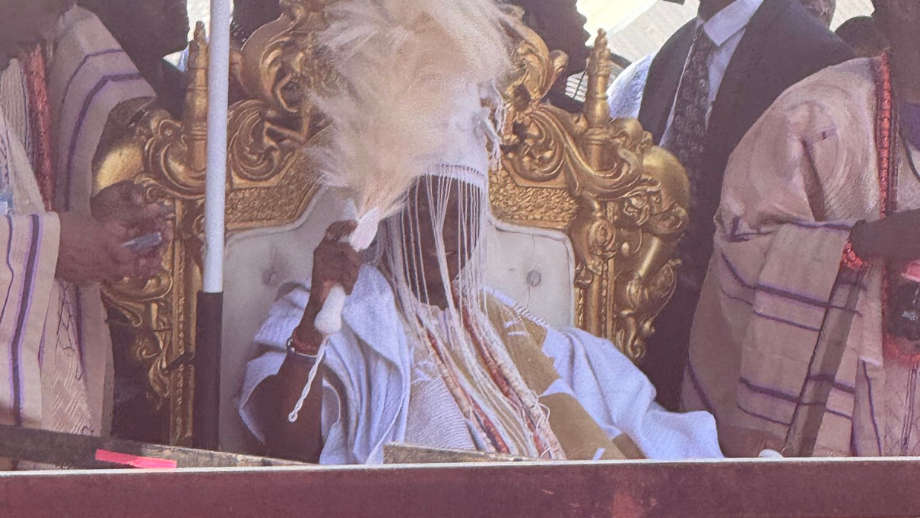On a Lagos afternoon, when Lanre Hassan steps onto a film set, there is an unspoken hush. Younger actors straighten up, technicians pause, and directors instinctively soften their voices. To many, she is not just another actress on the call sheet; she is Iya Awero, the mother of Nigerian cinema.
For more than five decades, she has been a living bridge between eras, from the golden days of Yoruba travelling theatre to the age of Nollywood blockbusters streamed worldwide. Hassan face, instantly recognizable, carries the grace of a performer who has not only witnessed the industry’s evolution but has shaped it with her own artistry.
Born in Lagos in 1950, Hassan’s liaised with performance was evident from childhood. In the late 1960s, she joined the Ojo Ladipo Theatre Group, a company that would become the crucible for some of Yoruba theatre’s greatest names. Under the mentorship of Ojo Ladipo and later Moses Adejumo (the beloved Baba Sala), she cut her teeth on stage, playing roles that demanded both emotional depth and comedic timing.
It was here that the name “Iya Awero” was born, a stage character she embodied so convincingly that the name never left her. To audiences, she became the mother, the matriarch, the moral compass in a world of shifting values.
Hassan’s screen presence grew with Nigeria’s television boom of the 1980s and Nollywood’s home video explosion in the 1990s. In Tade Ogidan’s Owo Blow (1995), her performance as a distressed mother resonated with viewers navigating Lagos’s economic turbulence. Years later, in Funke Akindele’s Omo Ghetto (2010), she effortlessly transitioned into a new era of comedy, winning younger fans who might never have seen her on stage.
In 2018, when she appeared in Kemi Adetiba’s acclaimed political thriller King of Boys, it was clear that Iya Awero was not simply surviving in Nollywood, she was thriving, adapting, and commanding relevance across generations.
“She has the rare gift of being everyone’s mother,” one director said of her. “You don’t just watch Iya Awero act, you feel her.”
Aside her roles, Hassan is deeply admired for the cultural values she carries. Her characters are often rooted in Yoruba traditions, wise, witty, resilient women whose words echo proverbs and whose presence anchors family dramas. Through her craft, she has preserved elements of Yoruba storytelling, passing them down to audiences who might otherwise be disconnected from their heritage.
Hassan involvement with professional guilds such as the Theatre Arts and Motion Pictures Practitioners Association of Nigeria (TAMPAN) highlights her commitment to nurturing the next generation. Many younger actors speak of her generosity, recalling how she offers quiet guidance between takes, reminding them that acting is not just about fame but about truth and service to culture.
For these contributions, Iya Awero has received numerous awards, including lifetime achievement honors that underline her role as a cultural custodian. Yet, those who know her say the real reward lies in the affection of the people. In markets, churches, or community gatherings, she is greeted with warmth, respect, and gratitude, a rare privilege for any public figure.
Today, at over 70, Lanre Hassan continues to work with a vigor that belies her age. Her career is a living timeline of Nigerian cinema: from stage to celluloid, VHS tapes to global streaming. For Nollywood, she is not only history but also continuity, proof that the past and the present can coexist in one artist.
Her story is not merely that of a successful actress; it is the story of Nigerian theatre, television, and film itself. For audiences, she remains the eternal mother figure; for her colleagues, a mentor; for the industry, a pillar. And for Lanre Hassan, a. k. a Iya Awero the show, after more than fifty years, is still very much on.







